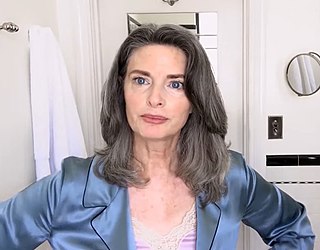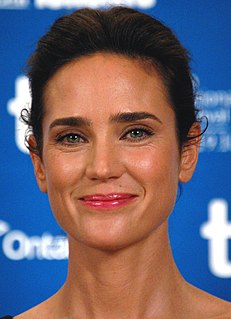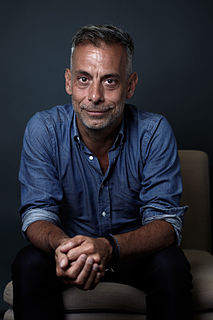A Quote by Mike Nichols
As a director, my job is, and always has been, divided into a number of things: dealing with the crew, the money and the studio, and the marketing and publicity. These are all different jobs that have to be learned and done as well as possible. The celebrity part rarely touches a director.
Related Quotes
In Hong Kong, in our generation that started out in the 1970s, being a director wasn't a big deal. We didn't even have director's chairs. We weren't particularly well paid. The social standing of a film director wasn't that high. It was a sort of a plebeian job, a second or third grade one. And the studio heads are always practical, there's never any fawning because someone is a director. There's very little snobbery about one's position as a director. The only ones people treated differently were those that were also stars; or the directors who also owned their companies.
It takes a number of different skill sets, I think, to try and be a good producer. You have to be very creative, but you also have to be incredibly financially minded. I jokingly say the job is kind of part cheerleader and part dictator. It is both of those things, because you have to make sure that people are doing what they need to be doing, but creatively you really need to be helping each person in every job across the crew. Cheering them on, keeping them inspired into doing their best work, and you have the director's vision in the forefront.
If we do change anything, we always talk about it beforehand. It's not really fair to throw things at the director on the day, unless it's a small note such as re-phrasing something. But if it's large, we always talk to the director. But we seldom do that out of respect for the writers because, for the most part, they do such a great job.
Very rarely have I worked with a director where we've been at odds. And by the time you've actually talked to somebody and you have the job, there's something that they see in you that they want you to bring to the character. And the best director says very little to you, acting-wise. They usually just say, "Okay, here's the shot." It's their job to do all that stuff, and your job's to do the acting. So it's very rare that somebody will say, "Oh, no. I conceived this very differently".
Of all the wonderful things government says, that's always been just about my favorite. As opposed to if you get to keep the money. Because what you'll do is go out and bury it in your yard, anything to prevent that money from creating jobs. They never stop saying it.We will say, "This is expected to create x number of jobs." On the other hand, we never say that the money we removed from another part of the economy will kill some jobs.
What's interesting as a director, and even studio executives don't understand this, is that if you're directing a $200 million movie with six million people, it's the same as directing a $25,000 movie with three people. The director's job is, "You stand there and do that," or "This is the shot I want." The logistics change, but the job remains the same. And I enjoy the job.






































